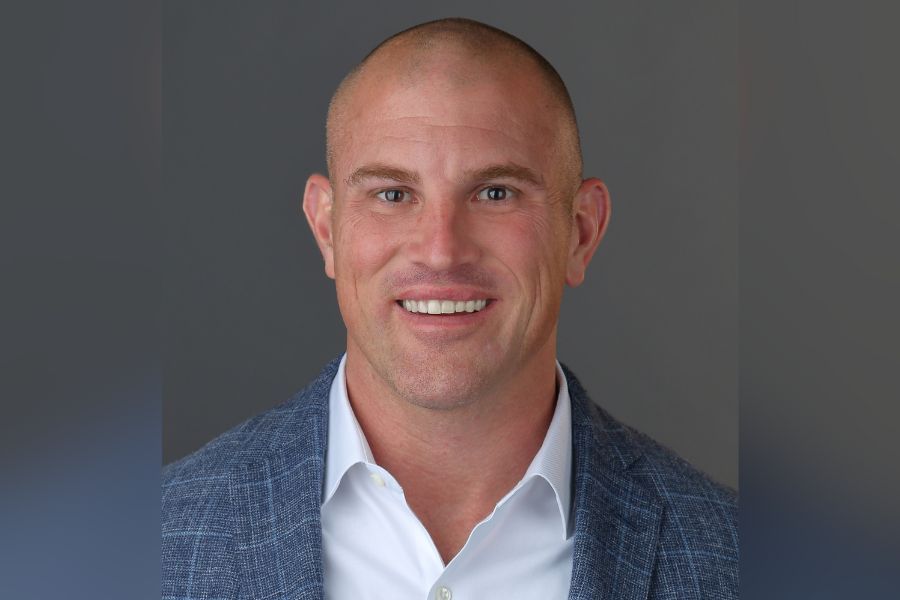Vanguard’s John Bogle: Ready or not, an expanded fiduciary rule is coming

The new rule represents an important reflection of regulatory thrust underscored by consumerism. Plus, watch Mr. Bogle make the case for why anyone handling money for investors should be a fiduciary.
On April 6, 2016, the U.S. Department of Labor established a federal standard of fiduciary duty that requires investment advisers and brokers who give advice to clients holding retirement plans to place the interests of investors before their own interests. One of the many press reports on the rule headlined its story: “Finally, John Bogle’s dream of a fiduciary standard will come true.”
I strongly support the principle reflected in the new rule. I’ve arguably been campaigning for that principle since I wrote my senior thesis at Princeton University, 65 years ago. In 1951, I wrote, “The prime responsibility [of mutual funds] must always be to their shareholders.” And that’s precisely what the fund industry’s governing statute, the Investment Company Act of 1940, demands. In the words of the Securities and Exchange Commission: “Funds should be managed and operated in the interests of their shareholders, rather than in the interests of their advisers, underwriters (distributors) and others.”
John C. Bogle in 1951.
In a 1971 talk to the partners of Wellington Management Company (where I was chief executive), 20 years after I wrote that thesis, I sharpened my focus on the fiduciary principle: “We live in a world that is increasingly intolerant, not only of conflicts of interest but even the appearance of conflicts. It is hard to argue either that this trend is baneful or that it is likely to abate … Consumerism, along with the entire thrust of the legislative, regulatory and judicial overview of our profession, will play a critical role in how we conduct our affairs in the years ahead.”
The DOL’s new rule represents an important reflection of that regulatory thrust.
REACTION TO DOL RULE
It is no mean task to codify the concept of fiduciary duty. The DOL rule is remarkably complex and detailed, and the costs of complying with the new rule are likely to be substantial. And, of course, any tightening of securities rules and regulations will face opposition from “free enterprise” advocates and industry participants. The DOL’s new rule is no exception.
(Related read: The DOL fiduciary rule will forever change financial advice, and the industry has to adapt)
The U.S. Chamber of Commerce has gone to court to strike the rule down. The Wall Street Journal opines that the new rule would be “effectively killing the commission model for middle-income investors … [and] could cost American savers $80 billion in a [stock market] downturn.” (The editorial failed to explain how that would happen.) The Investment Company Institute, the mutual fund industry lobbying organization, argues (without substantiation) that, “Commission-based advice has served millions of investors very well.”
There is little question that the rule will change today’s mutual fund sales practices, especially for brokers. But since the process of investing has always involved the allocation of stock and bond market returns between financial professionals and their investors/clients (that is, between Wall Street and Main Street), any reordering of that division would be controversial. It already appears that today’s strong trend toward index and other low-cost funds will accelerate. And both Charles Schwab Corp. and Edward Jones and Co., major brokerage firms, have stated their intention to cease selling mutual funds that carry sales loads.
IMPLEMENTATION ISSUES
Registered investment advisers have been subject to the federal fiduciary duty test ever since 1940, but applying the test to stock brokers who serve retirement-plan clients raises, at least theoretically, some challenging questions for brokers:
1) Do I serve my clients who have retirement plans differently than my other investors/clients who do not have retirement plans?
2) When clients/investors hold both, do I handle their retirement plans any differently than their regular accounts, and hold myself to a lesser standard?
As a practical matter, I can’t imagine brokers serving their nonretirement-plan clients with a lower standard of duty and care than their retirement-plan clients. How could they possibly defend such actions? So, I would expect the brokerage system to move promptly to apply the fiduciary standard to all of their clients. But the issue would be far better resolved if the SEC took parallel action to the DOL’s, and promptly established a fiduciary standard for both brokers and RIAs serving all of their clients.
A BROADER FIDUCIARY STANDARD
“I can’t imagine brokers serving their nonretirement-plan clients with a lower standard of duty and care than their retirement-plan clients. How could they possibly defend such actions?”— John C. Bogle, founder of The Vanguard Group.
I believe that the creation of a tough federal standard of fiduciary duty will not end with the DOL rule. Ultimately, the fiduciary standard should go even further and also encompass all institutional money managers responsible for investing other people’s money — so far a curious omission from the debate. The role of politics and the power of these institutional money managers suggest that the full extension of the fiduciary standard will be a long battle.
I’ve been a fighter in this battle at least since 1974 with the creation of Vanguard — the first truly mutual mutual fund manager owned by its fund shareholders. The firm’s rise to industry leadership has been driven largely by our 1975 creation of the first and ultimate fiduciary-oriented, consumer-oriented mutual fund: the index fund.
ADAM SMITH TO THE FORE
Now think about this: Whether or not my expansive goals for the fiduciary standard are achieved, in today’s competitive marketplace consumers are empowered to demand that businesses serve their needs. Businesses that fail to satisfy those demands face a grim future. This trend toward consumerism represents the most powerful single economic force in modern history.
We could hardly expect that even a man with the wisdom and intelligence of Adam Smith could have anticipated the various streams of commerce driving today’s business and technological environment. But his overarching vision was surely a harbinger of today’s Age of the Consumer. As Adam Smith wrote in 1776: “Consumption is the sole end and purpose of all production; and the interest of the producer ought to be attended to, only so far as it may be necessary for promoting that of the consumer. The maxim is so perfectly self-evident, that it would be absurd to attempt to prove it … [T]he interest of the consumer … [must be] the ultimate end and object of all industry and commerce.”
Applying Smith’s insight to the investment industry, I firmly believe he would endorse not only the power of the consumer but its implications for the principle of fiduciary duty. Paraphrasing his words: “The interest of the investor must be the ultimate end and purpose of our financial system, and the interest of fund distributors ought to be attended to only so far as it may be necessary for promoting that of the investor.”
(Related read: SEC Chairwoman Mary Jo White says agency mulling fiduciary duty)
It is in the enlightened self-interest of the distributors, advisers and brokers for mutual funds to place the interests of investors first. But even if an expanded federal fiduciary standard fails to accomplish this goal, our mutual fund shareholders/clients will ultimately compel this outcome. Competitive capitalism will ultimately call the tune.
John C. Bogle is founder of The Vanguard Group.
Learn more about reprints and licensing for this article.





